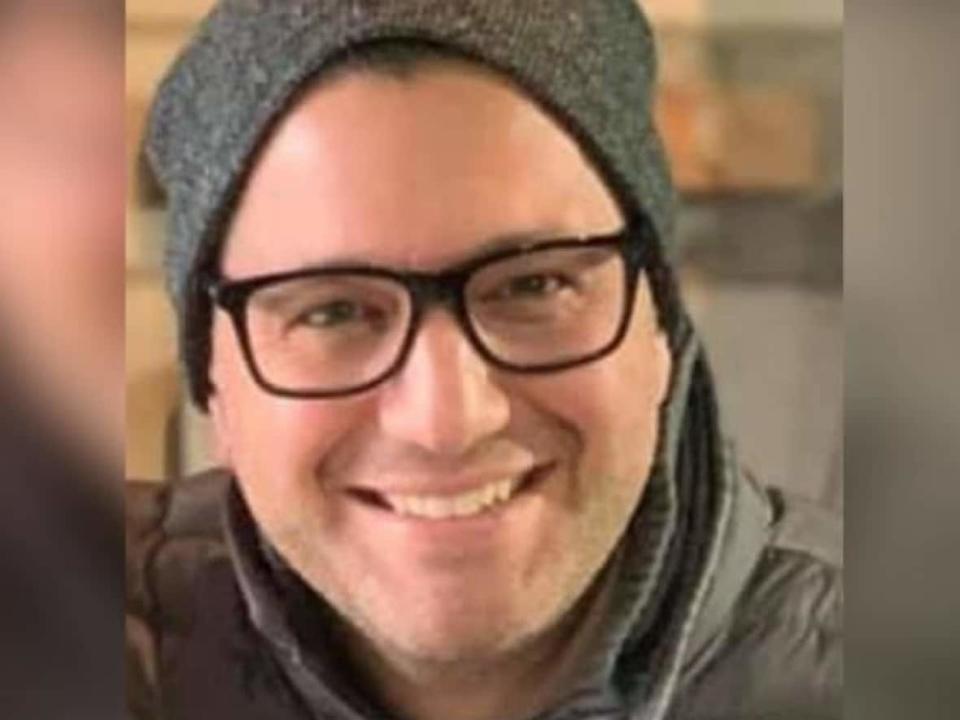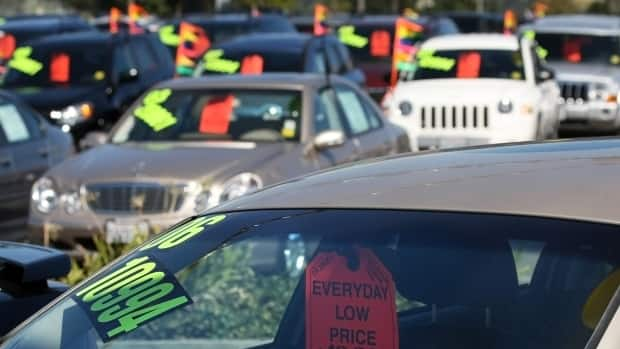Investors say millions are missing and a businessman can't be found. How an alleged Ponzi scheme played out

A Toronto businessman accused in court filings of being one of two masterminds in a multimillion-dollar COVID-19-related Ponzi scheme can't be located as angry creditors, their lawyers and shadowy figures with ties to illegal gambling rings try to find him and their money.
Mark E. Cohen, who previously worked in the rental car industry at Toronto's Pearson International Airport, hasn't been seen at his North York home since August, according to documents filed with the Ontario Superior Court of Justice. The documents also say that he hasn't been in contact with investors for months.
While some of those investors have turned to the courts to challenge Cohen, others have taken matters into their own hands, CBC News has learned.
According to a source familiar with the situation, who is not authorized to speak publicly on the matter, some individuals with ties to illegal gambling rings in Woodbridge, north of Toronto, have made late-night visits to the 42-year-old's former home, and the homes of his family members, making violent threats and demanding to know Cohen's whereabouts to get their money back.
Cohen is facing three lawsuits accusing him of convincing investors to help him buy used cars that would be resold at huge profits amid the pandemic-triggered vehicle shortage last year.
None of the allegations against him or other defendants named in the filings has been proven in court.
Investors were promised returns of as much as 13 per cent a month on their investments. Some handed over more than $5 million before Cohen allegedly disappeared with their money, according to civil court filings. In total, lawyers for the plaintiffs allege Cohen stole more than $12 million.

Locating Cohen has proven difficult.
"I verily believe that Mark Cohen's whereabouts are presently unknown," wrote one plaintiff in an affidavit filed in court this past November. "He has refused to disclose his location since August 2021."
According to court records, Cohen has changed his phone number and blocked others from calling him.
Lawyer Justin Anisman represents nine plaintiffs who are suing Cohen.
"He's avoiding participation in this lawsuit for whatever reason. He hasn't fled the country but we haven't been able to locate him in person," Anisman said in an interview.
Instead, the court approved lawyers to serve Cohen by email as opposed to in person, which is the usual process.
Cohen has acknowledged receipt of CBC's request for comment but has so far not provided one.
He has not filed a statement of defence or shown up to a preliminary court proceeding.
Investors suing another businessman
Cohen isn't the only one being accused of masterminding the used car rental proposal.
Another Toronto businessman, Josh Lieff, is being sued by another set of investors going after both him and Cohen.
Lawyer Robert Karrass is representing those investors.
They allege Lieff acted as the middleman, convincing them Cohen was trustworthy, his business legitimate and accepting the money on Cohen's behalf without doing due diligence.
"To date, we have not seen any evidence to suggest that this car scheme was in fact real, but rather that somebody was collecting this money and using it to pay off investors," Karrass said.
To complicate matters, Lieff is also one of the plaintiffs in the lawsuit filed by Anisman against Cohen.
In a statement to CBC News, Lieff's defence lawyer, Gary Caplan, said his client denies all allegations made against him.
"Mr. Lieff will defend any claim he's somehow a mastermind in a Ponzi scheme," said Caplan. He has not yet filed a statement of defence.

Cohen and others began contacting investors to pitch what they said would be a lucrative business venture in the fall of 2020, according to a statement of claim filed last month.
He and others allegedly promised he would be able to purchase used vehicles from rental companies across Canada. They included Jeeps, Toyota Camrys, Honda Civics and BMW X3s bought at below market value, according to the court documents.
The alleged plan was to resell them to dealerships at significantly higher prices to generate "extraordinary returns on investment," the statement of claim says.
"My clients allege Mr. Cohen took advantage of … the well-known fact that the used car market was very profitable around this time period to trick my clients into believing this investment was legitimate," said Anisman.
They were promised a monthly return ranging between five and 13 per cent and in "typical Ponzi scheme fashion" pressured to keep their money and profits in the business so it would continue to grow, according to the lawsuit.
In the beginning, investors would get back the promised high returns, which encouraged them to invest more, the statement of claim states.
Word of the venture spread among Cohen's associates in the area, including business owners, a lawyer and a dentist and their family members and friends in Richmond Hill, Thornhill and Vaughan, according to motion records filed in court.
One plaintiff said he learned of the opportunity from chatting with Lieff and another dad while watching their kids play basketball outside their school, according to his affidavit. He ended up investing a total of $800,000.
Court records allege Cohen refunded money to some investors, but many were left empty-handed.

Cohen also allegedly drew in individuals known to be involved with illegal gambling rings in Woodbridge, according to the source.
Assets frozen. Search for millions is on
Meanwhile, the Ontario Superior Court of Justice has temporarily frozen Cohen's assets and lawyers plan to get further court-ordered access to a trail of bank records in an effort to trace where the money went.
Court documents allege significant amounts of money were transferred to Cohen personally and to numbered companies he controlled, as well as an investment brokerage.

Next month, lawyers for the plaintiffs will ask a court for a so-called Mareva injunction, which if granted would require Cohen to disclose all his assets in Canada and worldwide.
It would also compel Canadian financial institutions to reveal details of his accounts and transactions.
Toronto lawyer Monique Jilesen, who is not associated with this case but is an expert in civil fraud, said the Mareva injunction is a "powerful legal tool" to trace where and to whom money has been sent within Canada.
If it's sent offshore, however, she said, "it can be a very tedious, long and expensive process" to recover.

